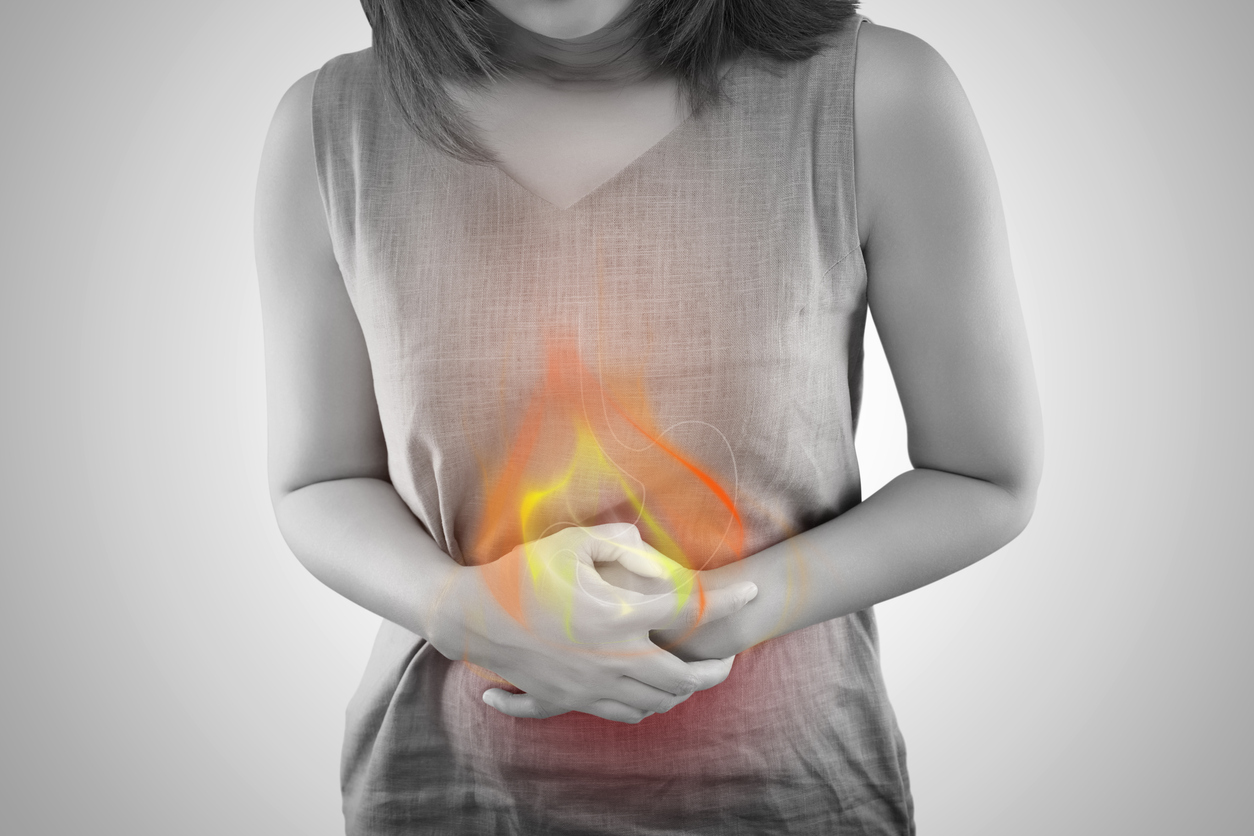Let’s cut to the chase—every girl and woman wants her skin to look flawless, but then pimples happen (cries!). Everything in life seems harder when that sudden pimple outbreak hits us. But sometimes pimples are temporary and are gone as quickly as they came. So when should you go to doctor to get them treated? Although there aren’t black and white rules, the general rule of law is to consult with a dermatologist whenever you feel your pimples are recurrent, severe or leaving scar marks.
Acne is a disorder that causes outbreaks of skin lesions. This symptom of ‘acne’ is what is commonly known as pimples. Acne can occur anywhere but most commonly on face, neck, chest, shoulders and back. It is caused by the skin’s oil glands making too much sebum, an oily substance produced to keep skin and hair moisturized. This leads to plugged pores (gross!). It can also be caused by the rapid production of a bacteria called P. acnes.
First, let’s look at the symptoms to better understand what constitutes an acne condition.
Different Types of Acne
- Whiteheads: closed skin pore or hair follicle clogged with oil, dead skin cells and bacteria.
- Blackheads: open skin pore or hair follicle clogged with oil, dead skin cells and bacteria.
- Papules: Small red bumps
- Pustules: pimples (pus-filled little bumps) on the surface of the skin.
- Nodules: Large, solid, painful lumps beneath the surface of the skin
- Cystic lesions: Painful pus-filled lumps beneath the surface of the skin
Hormonal Imbalance
Usually acne occurs in people as young as 10 years old to early-mid 20s. If people in their 30s or above are seeing sudden acne outbreaks, this might be a result of hormonal imbalance, especially if the following symptoms are noticed along with the acne:
- Hirsutism: Hirsutism is when women have thick, dark hair on their face, neck, chest, belly, lower back, buttocks or thighs.
- Irregular or light periods: An imbalance of hormones such as estrogen, progesterone and testosterone could cause acne. Check out our article on irregular periods and learn more.
- Polycystic Ovary Syndrome (PCOS): Acne is a common symptom of PCOS. PCOS causes an imbalance in our female hormones such as estrogen, which causes excessive oil production in the glands.
Check out our article on PCOS and understand how these conditions are linked.
Diagnosis of Acne:
Acne is simply diagnosed with a visual inspection by your dermatologist (doctor specializing in skin and hair). For women, hormone blood tests may be ordered to look for conditions such as pregnancy, excessive prolactin (hormone that tells the body to produce breast milk) for non-pregnant women, Cushing syndrome (occurs from exposure to high cortisol levels), and high testosterone (an indicator of polycystic ovaries).
When should you see a dermatologist?
Most of the time, acne isn’t considered a serious condition and is a very normal part of our lives. However, sometimes if your acne condition is severe it can result in permanent scars on the skin. Coming to the question, when is acne a severe health issue? Check out the grades of acne below to figure out the severity of your acne.


Grades of Acne:
GRADE 1: Mildly severe: mainly consists of blackheads and whiteheads with some papules (small red bumps) and pustules (pus-filled pimples). This is not a serious issue and can be treated by over-the-counter products available in the market.
GRADE 2: Moderately severe: consists of widespread whiteheads and blackheads with more papules and pustules. This can also be treated by products available in the market. However, if it persists for over 6-8 weeks or more then you should consult a dermatologist.
GRADE 3: Moderate to severe: consists of a lot of painful papules, pustules, nodules (large painful lumps under the skin). You should consult a doctor in this case since it’s painful and can leave behind scars if it persists too long.
GRADE 4: Highly severe (cystic): consists of papules, pustules, nodules and cysts (painful pus-filled lumps under the skin). The breakouts in this grade most likely spreads to areas other than the face like, neck, shoulder, back and chest. You should see a doctor immediately and get it treated.
Learn More with Veera Health
If you are observing hormonal or cystic acne around your jawline, neck or chin, it could be a sign of hormonal imbalance and should be checked by a doctor. Also if you are trying to figure out a skincare routine that will work for your skin, working closely with a dermatologist is a good place to start. Want to consult a dermatologist online? Look no further and talk to trusted dermatologists on Veera from the comfort of your own.
Disclaimer: Content on Veera is provided for informational purposes only and is not intended as medical advice, or as a substitute for medical advice given by a physician
References :• Verywell Health: https://www.verywellhealth.com/acne-diagnosis-15760#acne-grades• Mayo Clinic: https://www.mayoclinic.org/diseases-conditions/acne/symptoms-causes/syc-20368047• The Office of Women’s Health: https://www.womenshealth.gov/a-z-topics/acne


















